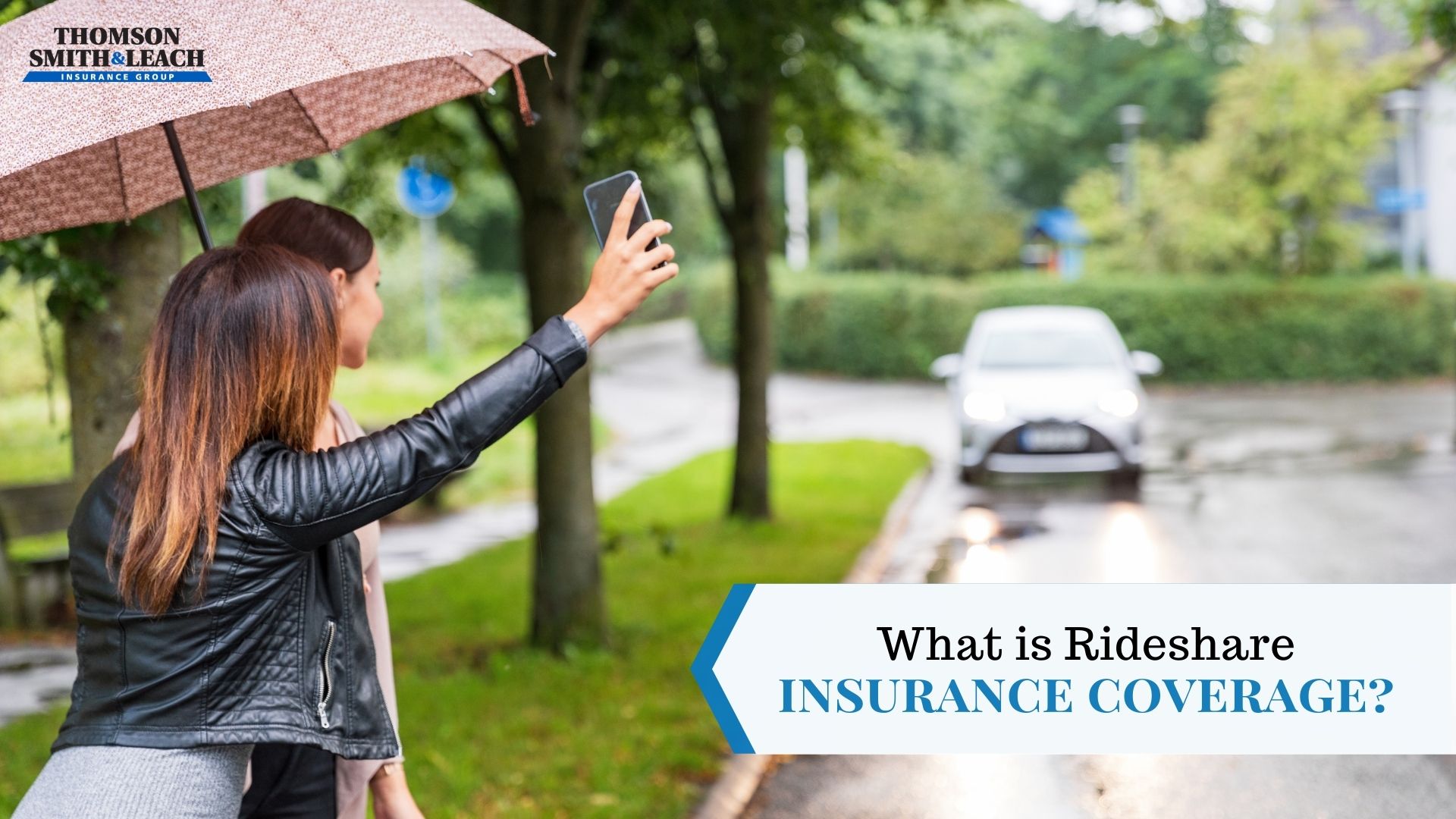Rideshare companies, such as Uber and Lyft, have revolutionized the transportation industry and impacted what people considered auto insurance. Rideshare services bring new risks to drivers.
By choosing the right rideshare insurance coverage, you can mitigate these risks. No rideshare service requires separate insurance asides from auto insurance. Drivers should consider rideshare insurance to safeguard themself from incidents that may occur while they drive.
Similar to taxi or livery insurance, rideshare insurance covers drivers when they are waiting for a passenger’s request. It provides drivers extra protection when there are no passengers in their car.
Rideshare companies typically only fully cover drivers when they have accepted a ride request and when they have passengers in their cars. Rideshare companies may also only pay a deductible or set amount when an accident occurs. Most rideshare insurance policies work in conjunction with the liability policies of a driver’s rideshare service.
Coverage Given by Rideshare Companies
Rideshare companies limited liability insurance can be categorized into three periods.
Period 1: You are logged onto the app and are ready to drive. However, no one has requested your service yet.
Period 2: You have accepted to drive a passenger but have not yet received them.
Period 3: You have picked up a passenger and are driving them to their destination.
Accidents may occur anytime you are on the clock, but your liability to the cost of an accident changes depending on where you are and if you are driving someone. Without rideshare insurance, drivers bear most costs and risks when waiting for a passenger request (period 1) as rideshare companies provide limited coverage during this period.
Simply put, rideshare companies fully cover drivers while they have passengers. Rideshare insurance covers drivers when there are no passengers.
Who Needs Rideshare Insurance?
All rideshare drivers should consider rideshare insurance. A personal policy from a car insurance agency won’t cover an accident when a driver uses a rideshare app. Due to policy gaps in auto insurance plans and rideshare company policy, drivers aren’t fully protected without rideshare insurance.
Say hypothetically, you drove around waiting for a ride request and rear-ended a car on the way. When you try to make an insurance claim, you won’t likely get covered under your auto insurance policy; or your rideshare company limited liability insurance. You would have to entirely front the cost of fixing your car and potentially pay damages for the car you rear-ended.
Rideshare insurance also will cover personal injury during an accident. Limited liability plans offered by rideshare companies often don’t cover medical bills or car damage if you caused the accident. If the rideshare service you work for will cover some of your medical bills or car damage, rideshare insurance may pay the deductible for treatment or a set amount of money to fix your car.
Drivers in Louisiana, and every continental state aside from California, are considered independent contractors. This means that you directly take on the risk of any accident that occurs because driving for a rideshare company is considered your personal business. Like other forms of specialty insurance for businesses, rideshare insurance is tailored to protect drivers from risks that may occur on drives.
Are Passengers Covered by Rideshare Insurance?
Rideshare insurance does not cover passengers. Rideshare companies like Uber and Lyft protect passengers from any incident that may occur during a drive. They protect passengers from incidents under their limited liability plans, which cover passengers’ medical bills and property damage.
Unless, on the rare occasion, a passenger causes an accident. In that case, the rideshare company will begin a more comprehensive review of the situation to judge who is at fault. Rideshare drivers should consider installing a front and rear dashcam to circumvent tricky legal scenarios that may arise.
Read also: How Does Auto Insurance Work When You Got into an Accident?
How to Get Rideshare Insurance?
Since it’s not currently available everywhere, the best way to obtain rideshare insurance is to contact your local insurance agent for more information. Most rideshare insurance plans are purchased independently of your auto insurance plan. However, certain insurance companies may offer rideshare coverage as an insurance benefit.
Read also: Commercial Business Auto Insurance
Thomson Smith & Leach Insurance Group has served the Lafayette, Franklin, and Abbeville areas for over 50 years. Feel free to get in contact with us for a free consultation. Call us today, shoot us an email, or pop up in one of our local offices. We are more than happy to serve you.


Recent Comments